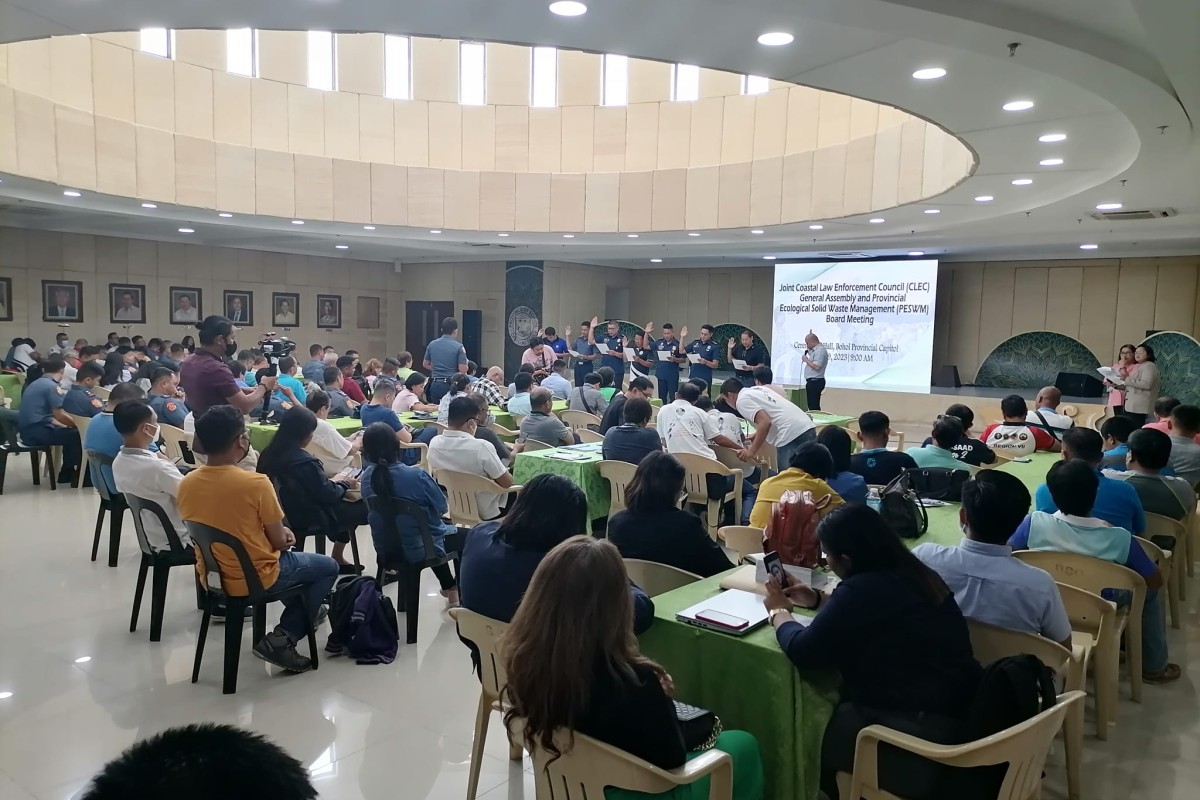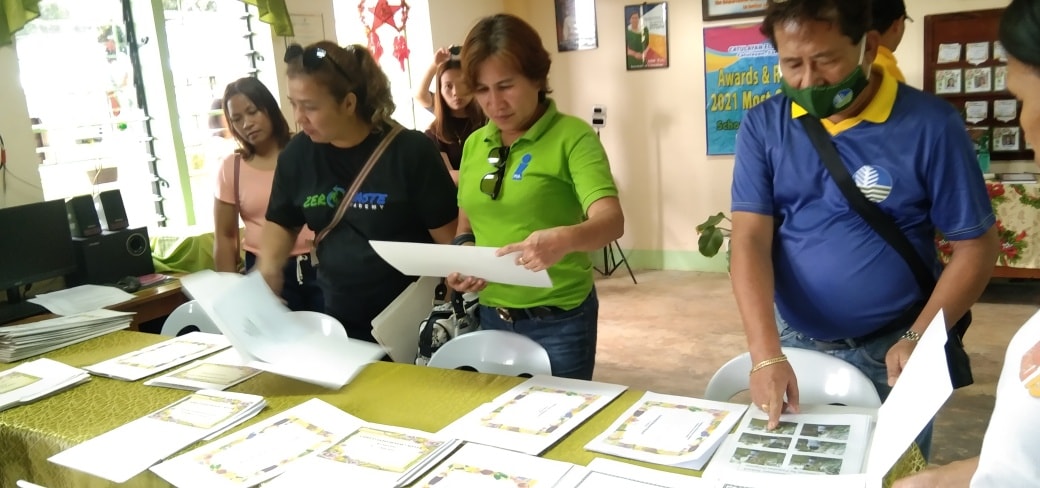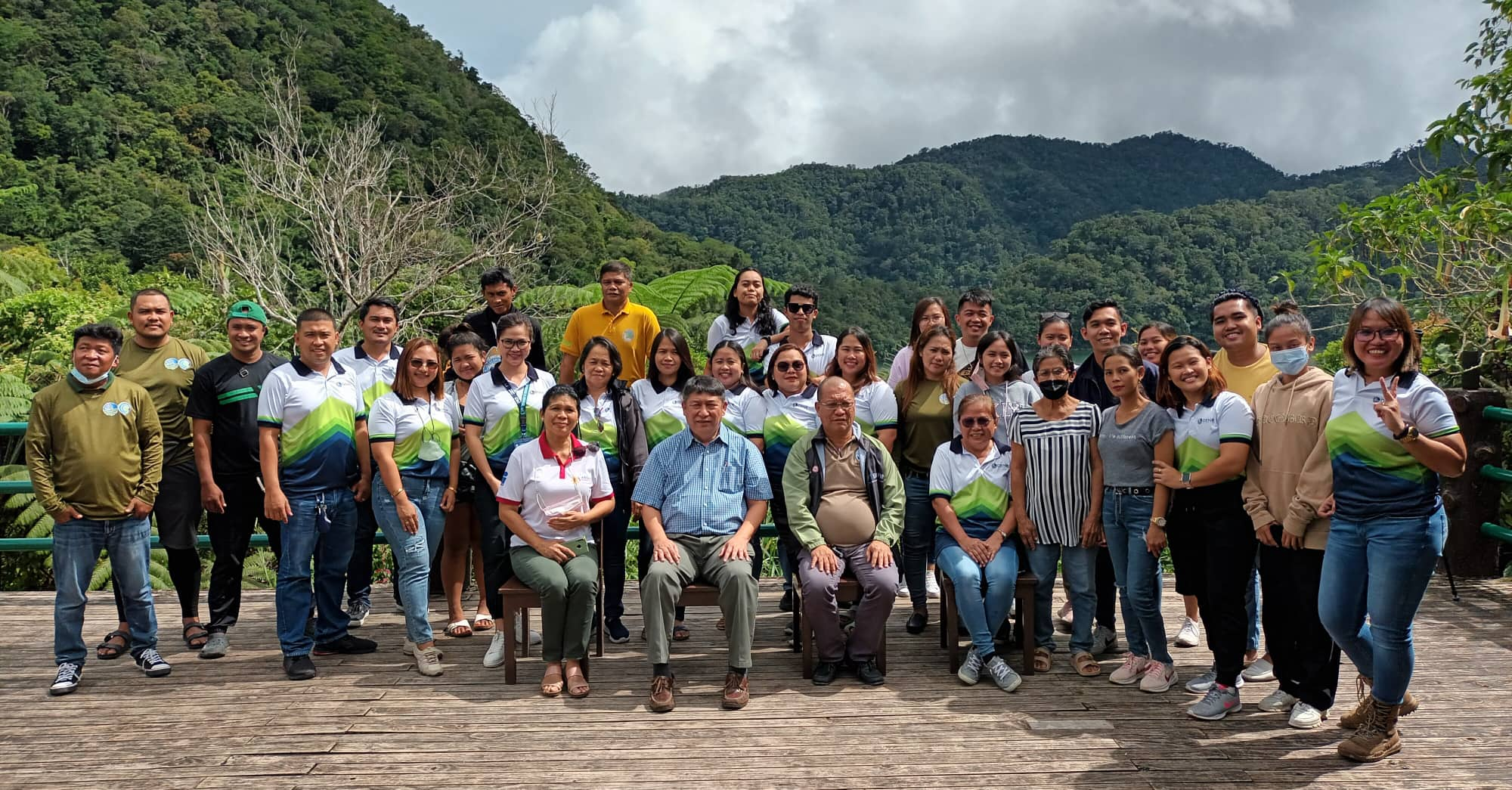TAGBILARAN CITY, Bohol, May 12 (PIA) -- With only one existing and approved sanitary landfill that suits the environmental requirements set by law for solid waste disposal in Bohol, there is a need for municipal governments to put up legislation and implement stricter plastic regulation ordinances in the re-utilization of biodegradable and reusable containers.
This is one of the many recommendations of the Bohol Provincial Environment Management Office (BPEMO) during the recent Provincial Ecological Solid Waste Management Council meeting held at the Capitol’s Ceremonial Hall on May 9.
The recommendation came amid information that Bohol generates a total of 454,010 kilograms of garbage per day and only one sanitary landfill that can only accommodate the waste.
Without legislation or stricter plastic regulation measures, Bohol would be seeing more and more plastics, especially single-use packs, getting carried to the sea, killing marine creatures that mistake these ubiquitous packaging as jelly fish or effectively covering corals and sea beds.
The meeting also bared that of the nearly half a ton of waste generated every day, 56.19% are biodegradable waste that can drastically lessen the amount of waste that goes to the sanitary landfill, if these are segregated and managed separately.
Biodegradable waste, or bio-waste, is defined as biodegradable garden and park waste, food and kitchen waste from households, restaurants, caterers and retail premises, as well as comparable waste from food processing plants.
When thrown altogether into the sanitary landfill, they can occupy precious space when in fact, they are organic matter which can be broken down into carbon dioxide, water, methane, compost, humus, and simple organic molecules by micro-organisms and other living things by processes of composting, aerobic digestion and anaerobic digestion or similar processes.
Of the nearly half a ton of garbage every day, 20.45% of these are recyclable waste or those that can be processed and used again and about 70% solid waste.
This potentially lessens the total weight of garbage for the ecological landfill facility, BPEMO Officer-in-Charge Jovencia Ganub said.
With that, with only the residual hazardous or non-hazardous industrial waste and special waste are getting dumped into the common local waste facility.
Filling the single sanitary landfill could take even more than 25 years, BPEMO said.
By legislation, Ganub means strict segregation at source, non-collection of biodegradable and recyclable materials to force households to compost and recycle and imposing stiff penalties for violators, can immensely help Bohol’s ecological solid waste management problems.
BPEMO also recommends shredding of plastic cellophane and other residual waste potential for diversion.
With 88,000 kilograms of residual waste generated every day, this would mean another 20% of the trash getting diverted and repurposed into creative re-use.
Repurposing and diverting means pulverizing broken glass bottles to be used as component in production of bricks, hollow blocks, and concrete mixing for industrial and commercial uses.
This could also mean utilizing recyclables into decorative items in school garden, at home, community centers and other showcase areas, or into Christmas decors. (RAHC/PIA7 Bohol)





